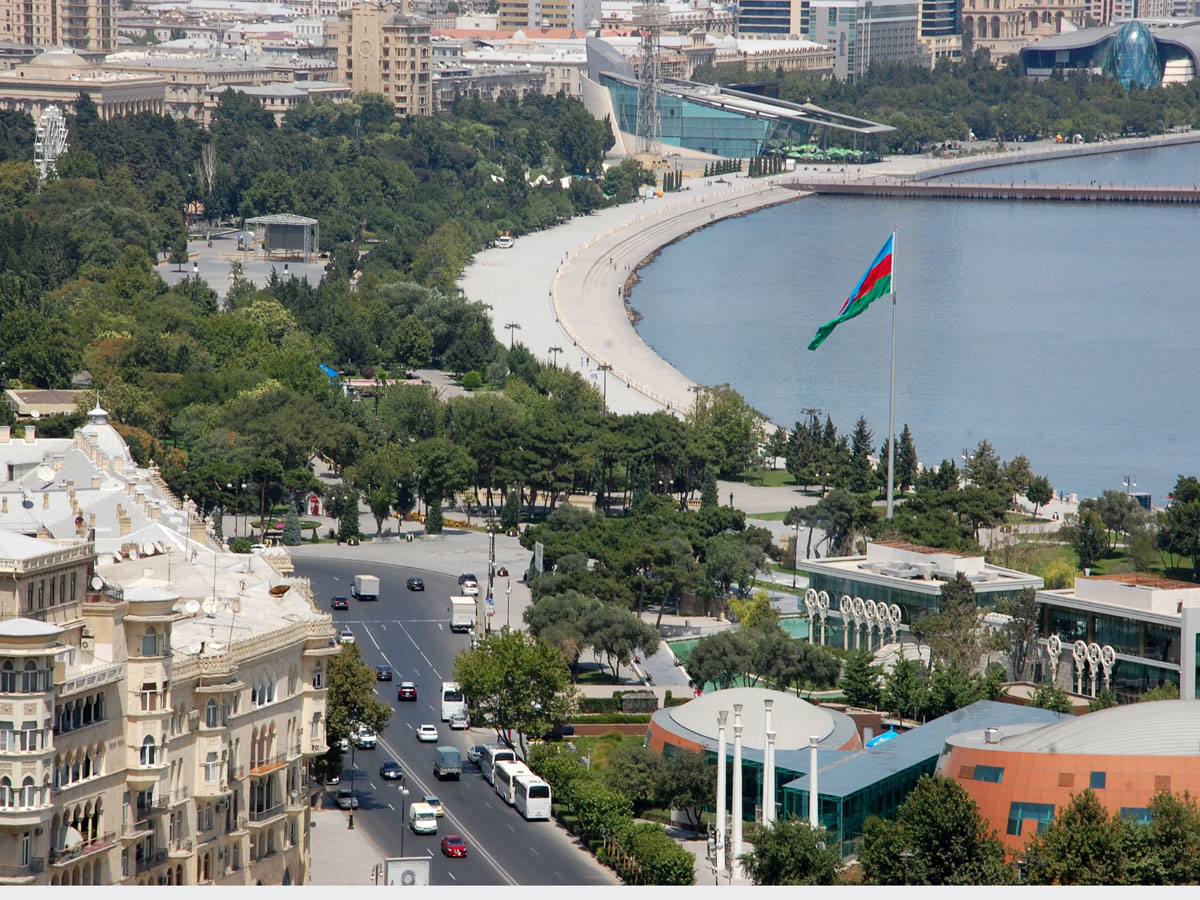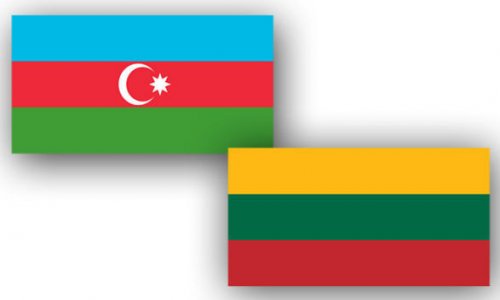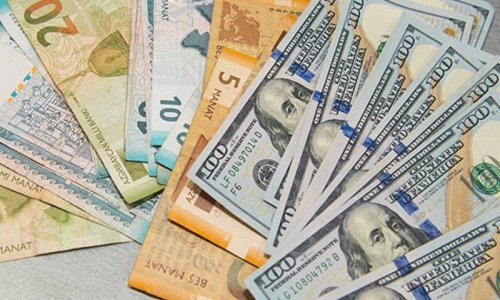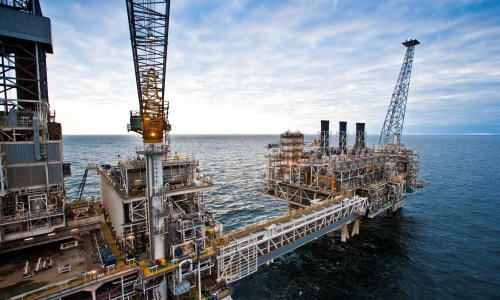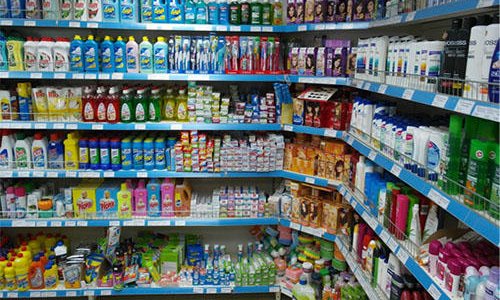Azerbaijan considers it necessary to extend the OPEC + deal, and under the same conditions, Azerbaijan’s Energy Minister Parviz Shahbazov told reporters on the sidelines of the Future Leaders Forum of the World Petroleum Council in St. Petersburg, Trend reports with reference to TASS news agency.
"I think that this format, decisions, agreements that were reached in the first half of the year should be continued,” said Shahbazov. "This is a minimum program. If nothing happens, then it would be right to continue with what we have.”
The minister noted that he doesn’t see any obstacles for this, adding that it is necessary to wait for the upcoming July 1-2 meeting of OPEC+, where a decision will be made.
"I think that a consensus has been reached, but at the meeting we will learn more,” Shahbazov noted. "We will have the opportunity to analyze the last months - how the market reacted to all the events, be it of an economic or geopolitical nature.”
He added that Azerbaijan will fulfill the terms of the deal in the first half of the year. To date, the country has reduced production in accordance with the quota – by 2.5 percent, that is, by 20,000 barrels per day, he said.
The deal to reduce production by 1.2 million barrels per day was concluded in December 2018 and ends on June 30. The issue of extending the deal and determining the volume of quotas for production cuts will be discussed in Vienna at the upcoming July 1-2 ministerial meeting, in which Shahbazov will also take part.
"The minister is invited to the meeting of ministers of OPEC + countries in Vienna on July 1-2 and plans to take part in it,” spokesperson for Azerbaijan’s Ministry of Energy, adviser to the energy minister Zamina Aliyeva told Trend.
The meeting will be decisive to determine whether the production cut deal will be extended by OPEC members and those who aren’t part of this organization. The meeting participants must also decide what the conditions for this reduction will be.
In December last year, OPEC + countries agreed to reduce oil production in the first half of 2019 by 1.2 million barrels per day from the level of October 2018. The share of OPEC countries accounted for 800,000 barrels per day, while the share of non-OPEC countries – 400,000 barrels per day. Iran, Venezuela and Libya were exempted from the deal.
www.anews.az

